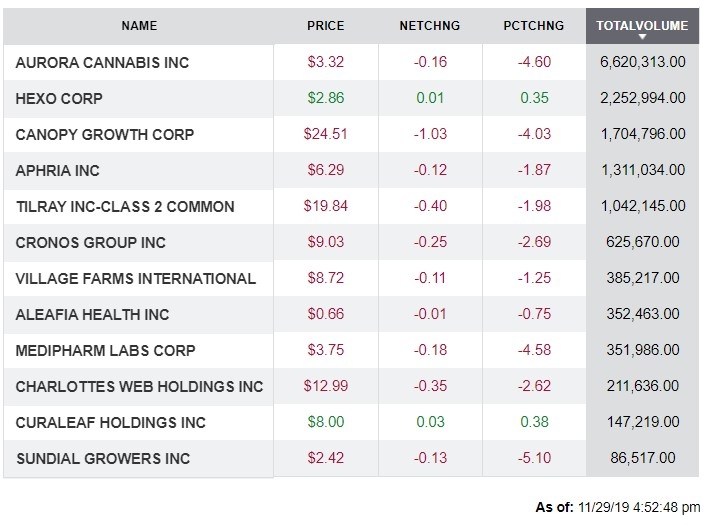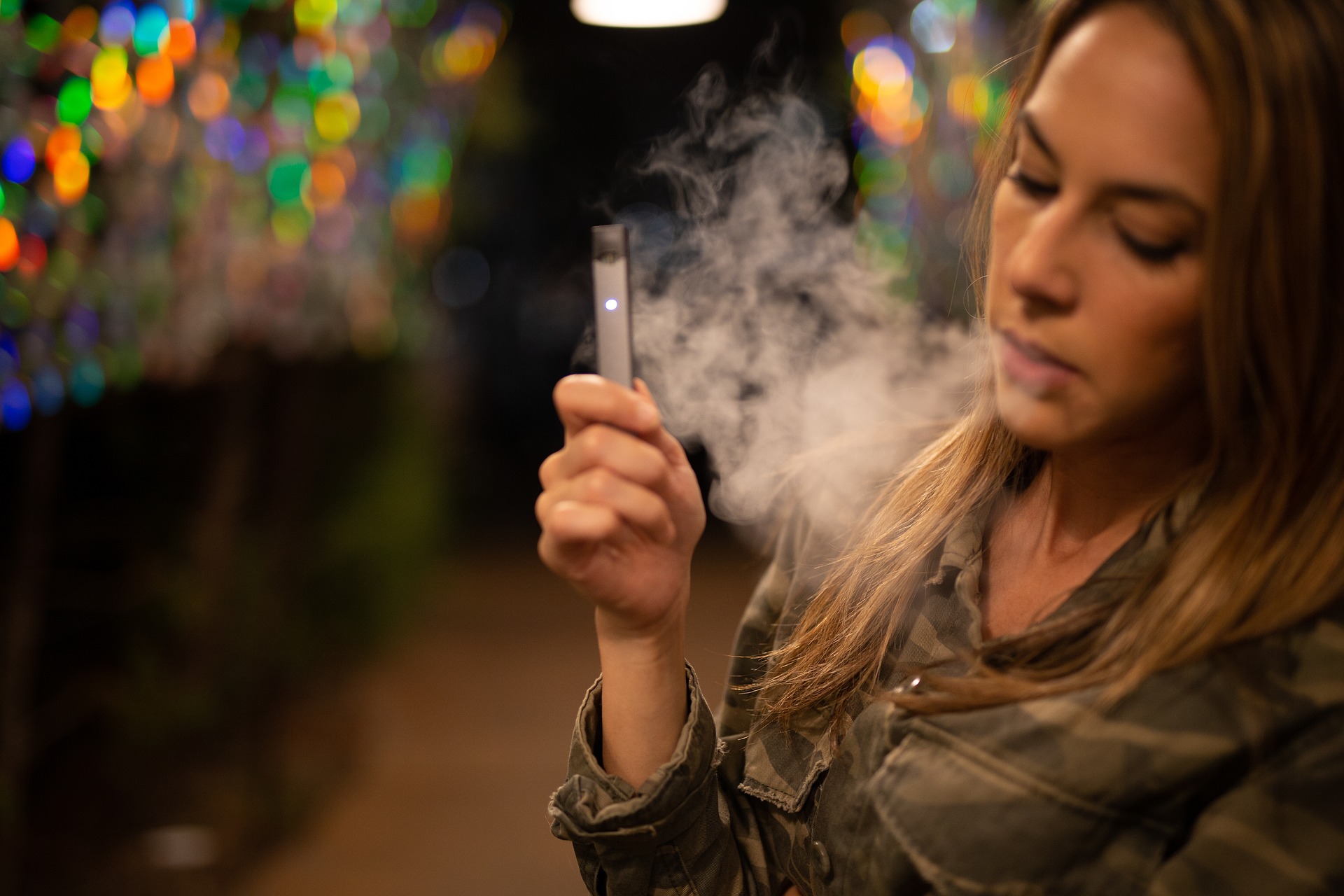Teen usage of vaping and e-cigarettes took a drastic jump in 2018, but are blanket approaches like bans the most effective solution?
After a spate of negative publicity and illnesses related to black market vaping products, the American Medical Association (AMA) – the U.S.’ largest doctors organization – called for a ban on all vaping and e-cigarette products not approved by the FDA for smoking cessation last week.
The announcement came at an AMA policy-setting meeting in San Diego. As part of the announcement, the AMA announced it would lobby federal and state legislators to implement the ban.
The AMA’s policy declaration cited the rise of e-cigarette and vaping usage among teens as well as the recent outbreak of lung illnesses due to additives in black market vaping products as motivation for its announcement.
“The recent lung illness outbreak has alarmed physicians and the broader public health community and shined a light on the fact that we have very little evidence about the short- and long-term health consequences of e-cigarettes and vaping products,” said AMA President Patrice A. Harris, M.D., M.A. in a statement.
“It’s simple – we must keep nicotine products out of the hands of young people and that’s why we are calling for an immediate ban on all e-cigarette and vaping products from the market. With the number of young people using e-cigarettes spiking it is not only critical that there is research into nicotine addiction treatments for this population, but it is imperative that we continue efforts to prevent youth from ever using nicotine,” added the AMA.
Teen Usage of Vaping, E-Cigarettes
Vaping is the act of inhaling and exhaling a vapor of some sort that has been heated and vaporized via an electronic “e” cigarette or a similar device like a vape pen or vaporizer. Vaping devices can be filled with tobacco or cannabis products and are somewhat safer than traditional burned products due to the lower heat level used which releases fewer toxins.
What has concerned health officials is the increasing popularity of vaping among youth users and the marketing of such products to youths who may not fully understand what’s in the products they are using or the risk of long term addiction and usage.
The 2018 National Youth Tobacco Survey (NYTS) found an alarming increase in vaping or e-cigarette usage among middle school and high schooler students between 2017 and 2018.
“From 2017 to 2018, current e-cigarette use—defined by use on at least one day in the past 30 days—by high school students increased 78 percent, from 11.7 to 20.8 percent, accounting for a troubling 3.05 million American high school students using e-cigarettes in 2018. In addition, the proportion of current e-cigarette users in high school who reported use on 20 days or more in the past 30-day period increased from 20 percent to 27.7 percent between 2017 and 2018,” said an FDA report on the 2018 NYTS.
The survey, which is funded by the Food and Drug Administration (FDA) and the Center for Disease Control (CDC), conducts an annual survey of teen usage of tobacco products in middle and high school students. The recent increased use by teens came after a decline in frequency of usage among youth from 2015 to 2017.
The authors of the 2018 NYTS hypothesized that marketing of e-cigarette flavors and the introduction of USB-flash-drive-like e-cigarettes, including JUUL, which is popular among youth, are causes for the uptick in teen usage.
Black Market Vaping Crisis
This fall a panic swept through the FDA and CDC as people were turning up with mysterious lung injuries related to vaping usage. In response to over 1500 cases of severe lung injury and 39 deaths, the FDA and CDC called for consumers to stop using THC containing vaporizers or e-cigarettes.
But the FDA and CDC were swinging wildly and missing the point, vaping products have been around for decades so what changed?
The real culprit behind this fall’s vaping crisis appears to be black market products – vaporizers or e-cigarettes containing THC. As Lisa Noeth previously reported for Citizen Truth, “Throughout the U.S., counterfeit pre-filled cannabis oil cartridges sold on the illegal black market are filled with dangerous pesticides, cutting agents, flavorings and colorings. Black market sellers can easily fill pre-filled cartridges with their own ingredients and market them as products made in a legal state.”
A study conducted in Illinois and Wisconsin indicated 83 percent of patients admitted for pulmonary illnesses used counterfeit cannabis oil cartridges purchased from a black market drug dealer.
Essentially, the increasing popularity of e-cigarette and vaping products has driven up the demand in the black market for such products where products are unregulated and can be tainted with harmful ingredients.
According to NBC News, a cannabis testing facility in California indicated that 13 out of the 15 sample cartridges from black market drug dealers tested positive for Vitamin E and myclobutanil, a fungicide that can transform into hydrogen cyanide when burned.
What to Do?
The answer to health concerns regarding vaping and e-cigarettes may lie in legalizing and not banning e-cigarette and vaping products as a ban could drive up even further the black market demand. Whereas, regulations in legal states enforce cannabis products to be tested in a licensed lab before the product hits dispensary shelves.
Creating and selling a black market vaporizer or e-cigarette is surprisingly simple. Empty cartridges and professional counterfeit packaging from popular brands, such as Brass Knuckles and Stiiizy, can easily be purchased online and in bulk. Black market sellers then simply claim with fake packaging labels that their counterfeit pre-filled cartridges are “lab tested.” Unwitting customers often then have no clue the product they are using is unregulated and not, in fact, “lab tested.”
Cannabis activists argue its the U.S.’ piecemeal and patchwork approach to legalizing cannabis has created the black market growth and a federal ban fails to address the real crisis – counterfeit products.
A similar debate is occurring over whether to raise the smoking age to 21. While solutions like banning e-cigarettes and vaporizers or raising the smoking age to 21 seem like easy and obvious answers, critics argue they are the wrong approach.
Recently Senate majority leader Mitch McConnell pledged to introduce legislation to raise the age for buying tobacco to 21, a move that drew support from vaping and tobacco companies.
However, as Peter Castagno for Citizen Truth previously reported, anti-tobacco advocates are concerned the bill and other ‘Tobacco 21’ bills will block more effective measures to curb youth smoking while giving the appearance of progress. A more effective approach, activists argue, would include banning e-cigarette flavors and raising taxes on tobacco products.
“They are turning these Tobacco 21 bills into Trojan horses,” John Schachter, director of state communications for the Campaign for Tobacco-Free Kids, told Politico. “The industry is positioning Tobacco 21 as the only thing that needs to be done on tobacco prevention.”











 Highlanders Cannabis Corp. company president and director Tiffany Walsh stands at the doorway to the industrial mixing room. A stainless steel staircase leads up to the top of the mixer where products are added before blending can occur.
Highlanders Cannabis Corp. company president and director Tiffany Walsh stands at the doorway to the industrial mixing room. A stainless steel staircase leads up to the top of the mixer where products are added before blending can occur. After sitting idle for eight years, the world-class pharmaceutical plant in Sydney Mines is being transformed into a licensed cannabinoid manufacturing facility.
After sitting idle for eight years, the world-class pharmaceutical plant in Sydney Mines is being transformed into a licensed cannabinoid manufacturing facility.
